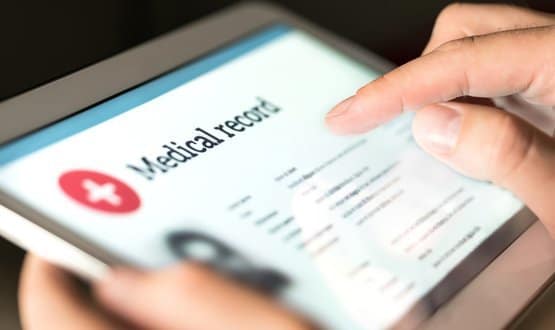LMCs want IT performance standards
- 15 June 2010
GPs have called upon the BMA’s GP Committee to negotiate minimum performance standards for IT systems, arguing that these would make it easier to hold suppliers to account.
Speaking at the Local Medical Committees Conference in London last week, Dr Martin Beastall, a GP from Doncaster, said: “In modern practice, computers are as vital a tool to us as our stethoscopes and other equipment, so minimum standards in practice must be guaranteed.
"We not only rely on the systems themselves but also the companies providing the network connections. Without a set of negotiated minimum performance standards, we’re at the vulnerability of at the people who run the N3 network and often BT as well.”
The conference debated a five part motion on NHS IT, which recognised that "a safe and effective IT system is essential" but then raised a number of concerns about NHS IT systems.
As well as calling for minimum performance standards, the motion suggested that: LMCs should have no confidence in the ability of the NHS to secure IT data; that "reliance on NHS IT systems is misplaced"; that migration to a single IT system is unecessary; and that remote access should be guaranteed.
The first two parts of the motion failed, in contrast to the more specific items, which secured support. For example, Dr Beastall argued that secure remote access was essential to GPs and that it should be fully funded.
“Many of us want to continue our working day from home," he said. "In my locality, those practices that have agreed – or been forced to agree – to move to the PCT’s preferred system have been given complimentary laptops with secure 3G data cards.
"Those who exercise the right to keep their current systems are left with either slow dial up connections or no remote no access at all."
The conference agreed that the systematic migration of primary care IT to a single system is unnecessary and that practices using any approved system should receive equal treatment.
Dr Beastall added: "The PCTs also seem to be pressing on with the strategy of incentivising practices to migrate to their preferred systems.
"This has always stifled innovation. GPs and patients are much better served by several providers competing to improve their products rather than one provider having a dominant place in the segment.”
Dr David Morris, a GP from North Wales, spoke against the second part of the motion, claiming that there is “not enough reliance on NHS IT systems.”
Dr Joanne Bailey, chairman of GPC Wales, added that if this part of the motion was passed, systems including GP2GP and some mobile devices and smart cards might not be available to practices.
She added: “This refers to a number of IT systems and that includes GP clinical systems, lab results, QMAS and document management systems which help provide patient care and patient safety. They are essential to our business processes and are fundamental to modern high quality practice."




